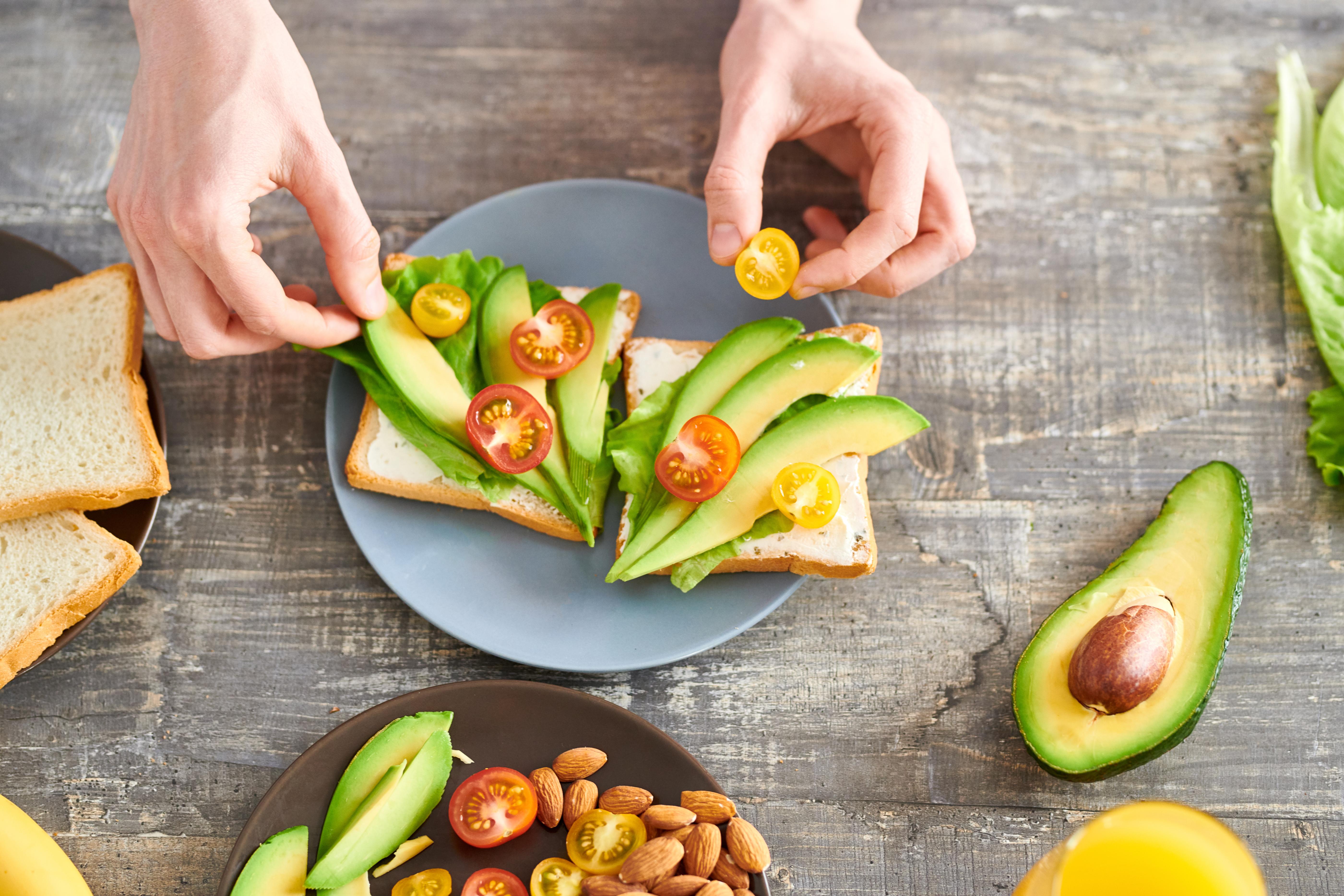Healthy Habits That Unknowingly Raise Blood Pressure
9. Hydration Habits: The Balance of Fluids

Staying hydrated is essential for health, but excessive fluid intake can strain the kidneys and lead to increased blood pressure. Overhydration can cause an imbalance in electrolytes, affecting heart function and blood pressure regulation. Conversely, dehydration can also raise blood pressure by causing blood vessels to constrict. It's crucial to find a balance by drinking adequate amounts of water throughout the day, considering factors such as activity level, climate, and individual health needs. Monitoring urine color can be a simple way to gauge hydration status and ensure a balance that supports cardiovascular health.
10. Vegan and Vegetarian Diets: Nutrient Considerations

Adopting a plant-based diet offers numerous health benefits, yet it requires careful planning to avoid nutrient deficiencies that can affect blood pressure. Vegans and vegetarians may lack essential nutrients like vitamin B12, iron, and omega-3 fatty acids, which play roles in heart health. Additionally, some plant-based foods are high in sodium, which can contribute to hypertension. To maintain a balanced diet, it's important to include a variety of whole foods, fortified products, and possibly supplements to ensure adequate nutrient intake. Consulting with a nutritionist can help tailor a plant-based diet that supports optimal blood pressure levels.
